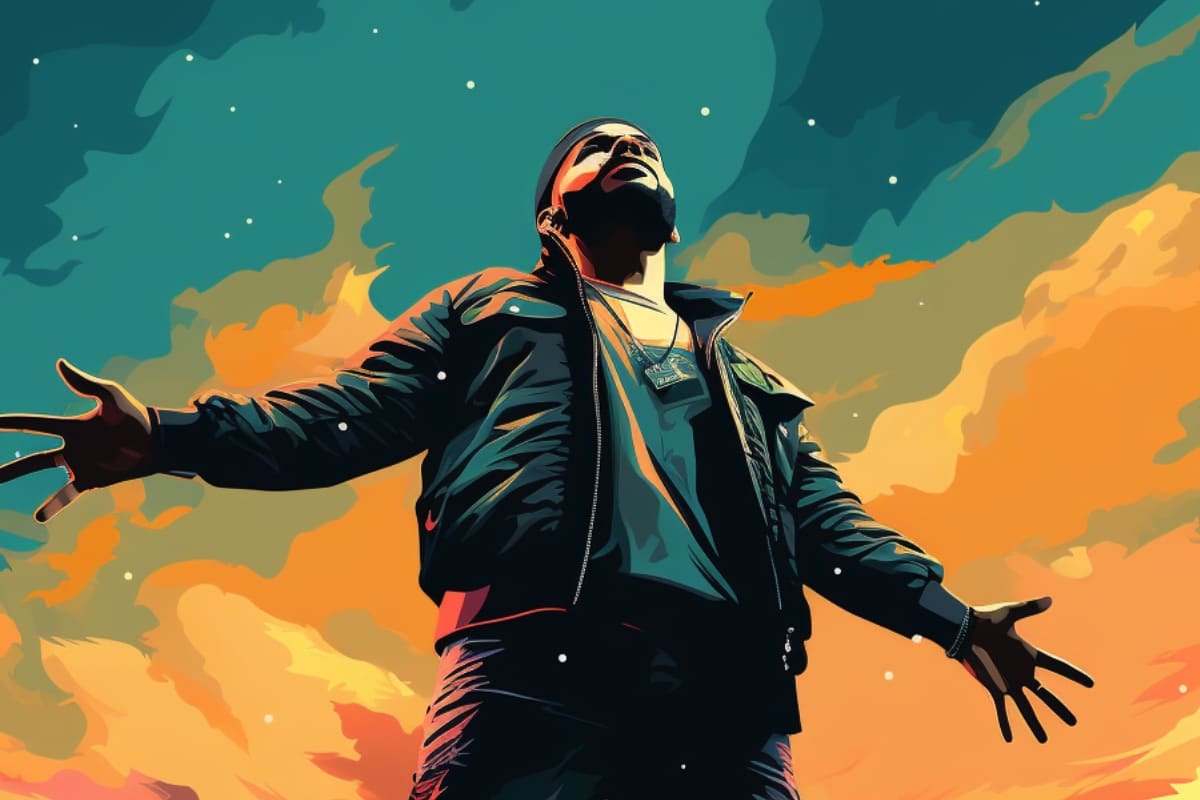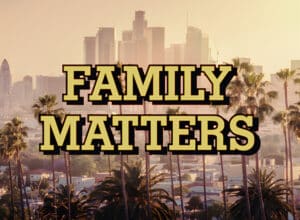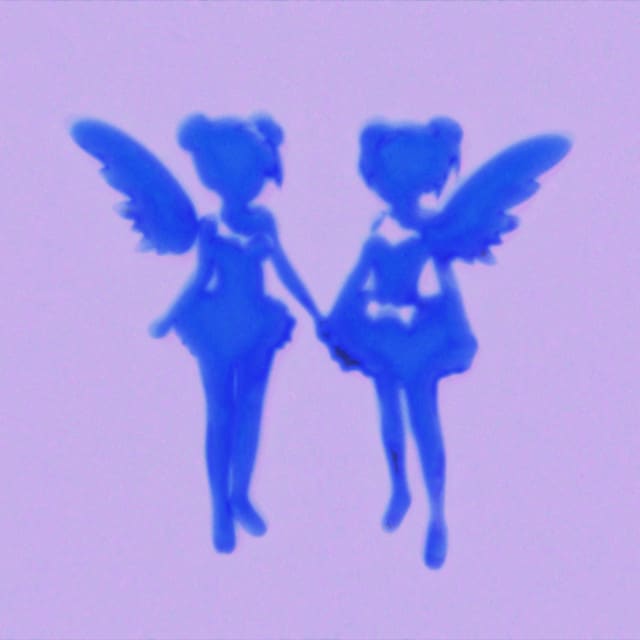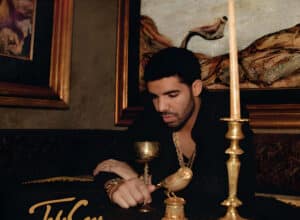“Treacherous Twins” delves deep into the bond between 21 Savage and Drake. They’re speaking on a connection that transcends friendship—it’s about loyalty, a bond as strong as family, and a readiness to face life’s challenges together.
The term “treacherous twin” is layered—it implies that they are alike in ways that are unpredictable and perhaps dangerous, but it also suggests a deep understanding and shared experiences. It’s a kinship where they’re “locked in,” a term signaling a commitment that’s unbreakable. When 21 Savage says, “I love you like my kin,” he’s speaking like Drake is his brother, ready to take on any adversity for his “twin.”
The song speaks to the trials they’ve faced, “the lonely daze,” and the hardships that come from their environment—”the city that we from not a safe place.” Yet, despite the dangers, they pledge unwavering support, “ridin’ with your twin ’til we fade away.” It’s a journey from having “nothin’ to our names” to now demanding space and respect, a testament to their rise and the respect they command.
21 Savage and Drake reflect on the unconditional nature of their alliance. They talk about being there for each other in times of need—whether it’s for drama, emotional support, or even against legal troubles. There’s a sense of being ready to defend and protect one another at all costs, “I would toe tag somebody for your mama, dawg.”
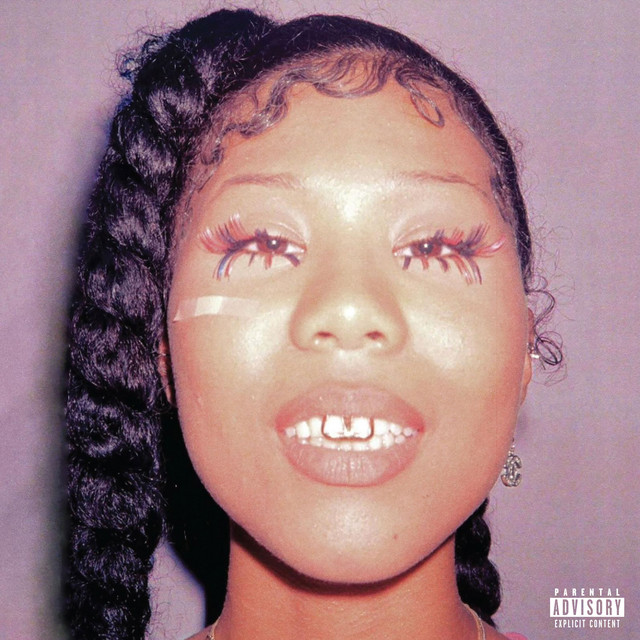
The lyrics “Twistin’ up my fingers for my twin” could be a reference to gang signs, symbolizing a deep-seated allegiance. This is paired with the willingness to “go at niggas necks like a tie for me,” indicating a readiness to confront anyone who poses a threat to their bond.
Drake’s line, “I don’t show ID at clubs, ’cause they know that I’m 21,” plays with his association with 21 Savage and his own celebrity status. It’s both a nod to their partnership and his recognizability. They question the loyalty of others compared to the trust and solidarity they share, pondering if others would be willing to sacrifice as much.
The repetition of “You my twin, you my treacherous lil’ twin” serves as both a hook and an affirmation of their bond. It’s an ode to brotherhood, loyalty, and the mutual desire to see one another thrive—”When you tell me life is good, I want better for you.” This song seems to be an acknowledgment of a shared path, with its ups and downs, and a declaration that no matter what, they’re in it together.
